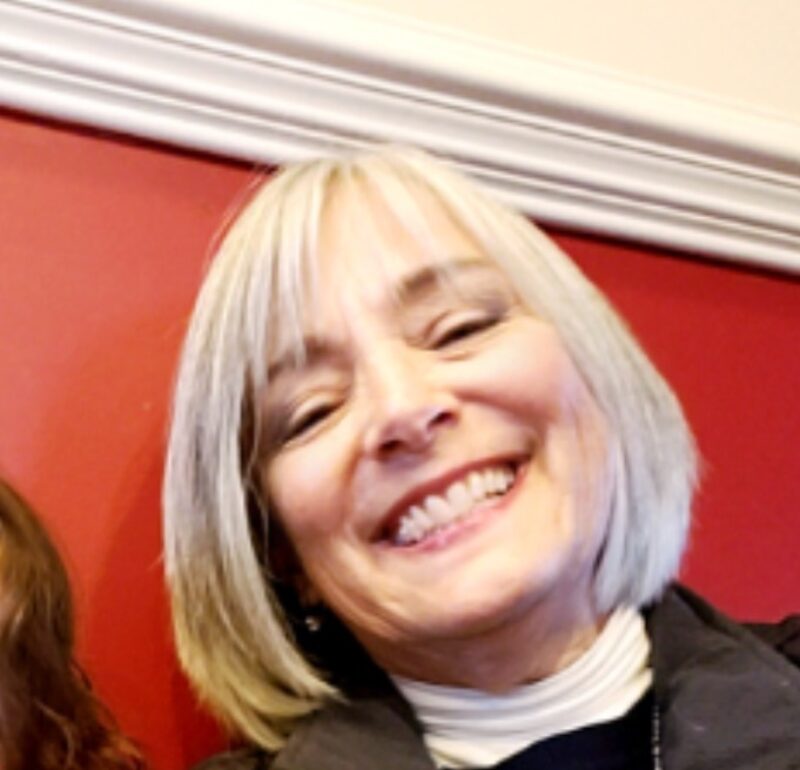Profile: Susan Hansell

Child advocacy centers have been dubbed as the “one stop shops” for child suffering through trauma. Upon intake here, they are met by a multidisciplinary team of professionals who help them with everything from legal actions to mental health services. The effectiveness of these centers is crucial to the healing processes for children; and in the state of Maryland, these organizations have Susan Hansell to thank.
Susan is the chapter coordinator of the Maryland Children’s Alliance (MCA), a private nonprofit organization that work to provide professional development to local Maryland child advocacy centers. MCA is a local chapter of the National Children’s Alliance (NCA) and currently serves 23 advocacy centers in almost every Maryland county.
Susan works closely with board members to ensure that MCA is providing local advocacy centers with the tools and resources that not only comply with NCA’s ten standards for accreditation, but are also speaking directly to each center’s needs. Each year, MCA surveys its membership to see which of the ten standards they are interested in learning more about. In the past, MCA has developed programs surrounding the creation of multidisciplinary teams and conducting forensic interviews.
In September, MCA will be putting together programs to inform centers about medical standards for accreditation. In February of next year, it will develop trainings that focus on victim advocacy.
The existence of child advocacy centers (CACs) is crucial to the healing of children suffering from sexual abuse and other kinds of trauma. Central to their collective mission is the eradication of subjecting a child to revictimization, which is often the result of having to tell their story of trauma multiple times to different officials. In only having to tell their story once, these children are more quickly able to start the healing process with an entire team of compassionate and passionate advocates to support them.
CACs are not only important to the individual children that they are serving, but to the statewide network of organizations dedicated to children’s safety and wellbeing. Susan is especially inspired by the willingness of centers to help each other and share resources that allow for improvement of the nonprofit industry as a whole. She often sees larger organizations giving suggestions of programs and techniques for smaller communities to implement to their centers, which might do not have the same resources as their urban counterparts.
Even though MCA and the centers it supports do tremendous work to ensure the safety and wellbeing of the children of Maryland, a large responsibility also falls on everyday citizens in making certain that today’s youth both survive and thrive. According to Susan, our jobs are threefold: we must keep an eye on our kids, know who they are interacting with at all times, and believe a child when they tell us that something has happened, even if they do not have the words to describe it themselves.
NMSC is honored to have MCA as a partner in putting an end to childhood sexual abuse and to creating a world where all children are able to enjoy their youth, no matter what trauma they may have undergone in the past.